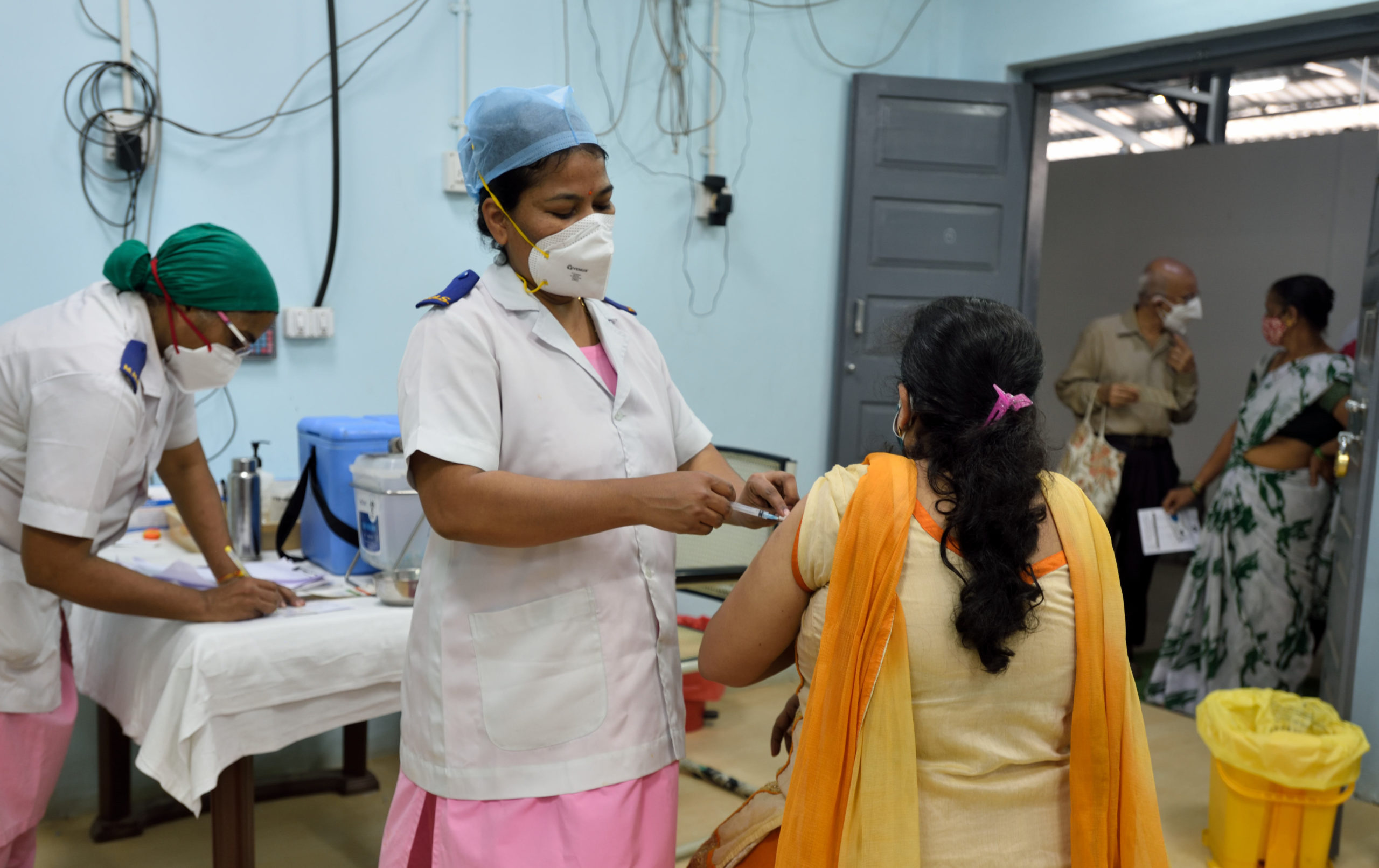
The Delhi High Court Monday asked the Centre and Delhi government to do something without waiting for orders from court to prevent black marketing and hoarding of medicines and medical equipment, like oxygen concentrators.
A bench of Justices Vipin Sanghi and Rekha Palli was hearing a PIL seeking directions to them to declare medicines and medical equipment meant for COVID treatment as essential commodities under the Essential Commodities Act.
It said if something has to be done, “do it without waiting for orders from the court”.
The court issued notice to the Union Health Ministry and the Delhi government, represented by additional standing counsel Anuj Aggarwal, on the plea which has also sought setting up of fast track courts to deal exclusively with cases of black marketing and hoarding of medicines and equipment.
The petition by Delhi resident Manisha Chauhan has also sought appointment of special public prosecutors for dealing with such cases before the special fast track courts.
Advocates Sanjeev Sagar and Nazia Parveen, appearing for Chauhan, told the court that in the absence of a notification declaring medicines and equipment meant for COVID as essential commodities, these are being hoarded and black marketed.
They also told the bench that in the absence of any such notification, people hoarding or black marketing such items are trying to claim benefit of it and the subordinate courts appear to be unaware of the high court’s orders on this issue.
The petition has also sought initiation of contempt action against those persons who are engaging in black marketing and hoarding of medicines and equipment meant for COVID treatment in violation of the high court’s direction against such practice.
During the hearing, the Centre told the bench that the suggestion to fix MRP of the equipment was a good suggestion as it would prevent dumping of spurious imports on Indian ports and it would not discourage genuine importers. It said it was looking into the issue.
The court, during the hearing, suggested that some incentives in the form of certain percentage of returns can be given to the importers at the time of fixing a price of the equipment and medicines.
It also said that if there is free flow of the imported goods, then the market forces and competition would determine the prices, if there was no caterlisation. It said the government should also examine whether it can issue any notification to prevent hoarding and black marketing of the imported items.
To this, the Centre said that while an MRP can be fixed for sale of these imported goods, no time line as such can be fixed for selling them.
It also said that due to exemption from customs duties on COVID related equipment and medicines, a lot of people, including individuals, are importing them.
(Cover: Credit – Getty Images)
Delhi CM Rekha Gupta said the mid-day meal scheme has connected millions of children to…
The Grammy-winning flutist, Rakesh Chaurasia, reflects on legacy, collaboration and the emotional dialogue between music…
The Delhi police said that the duo had allegedly conducted the recce of a businessman…
Since January, the civic body has desilted 8,047 MT of silt from smaller drains and…
The Vijay Sethupathi starrer is billed as a "rare silent film", also featuring Aditi Rao…
The bench has observed that cases of exorbitant fees will be referred to the courts,…